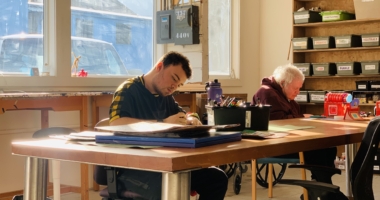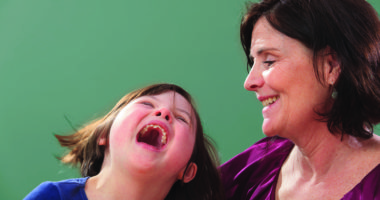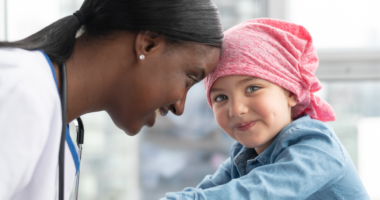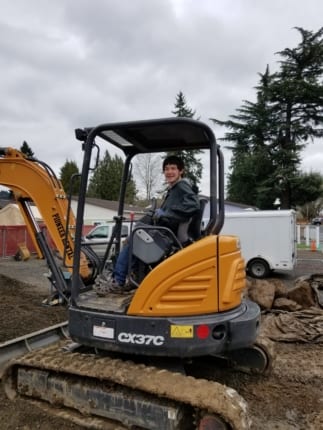
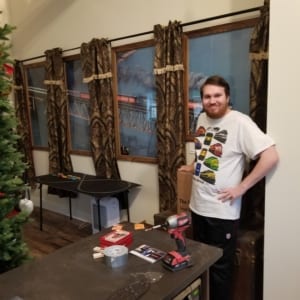 Rooted in a late-1960s Danish movement, cohousing is an intentional community of private homes clustered around shared spaces like a dining area, gardens, walkways, a common house and open spaces. Neighbors share values and a common vision, collaboratively plan activities and manage the community. Also known as congregant communities, the concept is gaining momentum across the country, with Washington and Oregon having some of the largest number of cohousing models.
Rooted in a late-1960s Danish movement, cohousing is an intentional community of private homes clustered around shared spaces like a dining area, gardens, walkways, a common house and open spaces. Neighbors share values and a common vision, collaboratively plan activities and manage the community. Also known as congregant communities, the concept is gaining momentum across the country, with Washington and Oregon having some of the largest number of cohousing models.
Cohousing is a promising possibility for individuals who experience an intellectual or developmental disability (I/DD). The Kuni Foundation has utilized grant making and program-related investments in the form of low- or no-interest loans to support two Oregon-based projects: WeBuilt and Our Home – Cathedral Park.
In early 2020 the foundation provided an $800,000, no-interest loan to fund phase two of WeBuilt (We Build Unique Independent Lives Together). Phase two is comprised of eight homes and an activity center for residents to gather for evening meals and other community activities. The foundation also provided a $20,000 grant to create edible landscaping and a community garden that will provide produce for WeBuilt residents and the surrounding neighborhood, fostering greater connectivity.
The housing units are designed for adults with sensory and developmental challenges with bathtubs big enough to float in, trampolines built into the floor, swinging 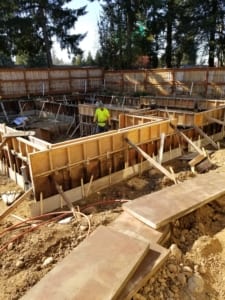 chairs for stimming and climbing nets that can easily be added. Each home is fitted with sound–proof windows and insulation, soft-close doors, and silent heating and cooling systems. High ceilings, adjustable lighting and raised windows allow for natural light while maintaining privacy. The edible permaculture ensures that noisy mowers and blowers aren’t necessary.
chairs for stimming and climbing nets that can easily be added. Each home is fitted with sound–proof windows and insulation, soft-close doors, and silent heating and cooling systems. High ceilings, adjustable lighting and raised windows allow for natural light while maintaining privacy. The edible permaculture ensures that noisy mowers and blowers aren’t necessary.
The affordable and inclusive housing model provides adults who experience I/DD with an opportunity to own and manage the overall community by renting a portion of the 24 units to neurotypical individuals. The 12 neurodiverse members will form a limited liability corporation (LLC) and own a share in the community that they can put into their own special needs trust and continue to qualify for SSI and (State of Oregon) K Plan benefits, if needed. Once bills and reserves are satisfied, quarterly disbursements will be made to each member, providing income.
As individuals who experience I/DD seek more independent, affordable and inclusive housing, cohousing models and program-related investments are an important example of how we can expand housing options for both neurodiverse and neurotypical individuals interested in creating and living in a diverse, values-based community.

